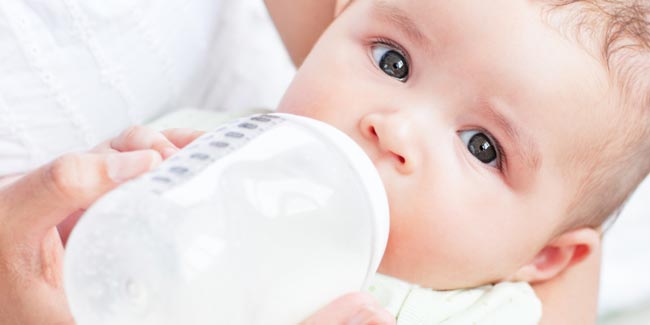
 Bisphenol A (BPA), a chemical commonly found in plastics, can raise the risk of developing prostate cancer in infants and fetuses, according to new research. In earlier studies, it has been shown that BPA can increase the chances of getting asthma, heart, and kidney risks in babies. According to a study from the University of Illinois at Chicago, mothers and expectant mothers can now add a 21 percent increased prostate cancer risk in their infants.
Bisphenol A (BPA), a chemical commonly found in plastics, can raise the risk of developing prostate cancer in infants and fetuses, according to new research. In earlier studies, it has been shown that BPA can increase the chances of getting asthma, heart, and kidney risks in babies. According to a study from the University of Illinois at Chicago, mothers and expectant mothers can now add a 21 percent increased prostate cancer risk in their infants.
BPA and other endocrine troublesome chemicals had earlier shown the ability to alter the development of tissues in babies. Researchers set up an animal model that used humanized prostate tissues in mice and exposed them to BPA to observe the impact that babies and fetuses. They then collected some tissue samples after 2 to 4 months and found that BPA had significantly increased prostate cancer rates by 21 percent because of an increased risk for human prostate epithelial neoplasia (PIN).
Michael Palese, MD, associate professor of urology at Mount Sinai Hospital in New York City has stated that this study shows that BPA can change the composition of the cell over the time; it can develop into PIN, which is a precursor for cancer. He also added that with time, BPA makes cells more likely to turn into cancerous cells.
To lower the chances of developing these health conditions in your child, try these tips for avoiding BPA exposure.
- Check the label before buying any product like baby bottle and cups. These products should be BPA-free.
- Avoid plastics whenever possible. Buy fresh foods to limit your exposure to BPA cans and plastics.
- Instead of giving your infant any powdered formula from a plastic or metal container, choose breastfeeding to keep your infant healthy.
Read more Health News.
Read Next
New Layer in Human Eye Discovered
How we keep this article up to date:
We work with experts and keep a close eye on the latest in health and wellness. Whenever there is a new research or helpful information, we update our articles with accurate and useful advice.
Current Version
